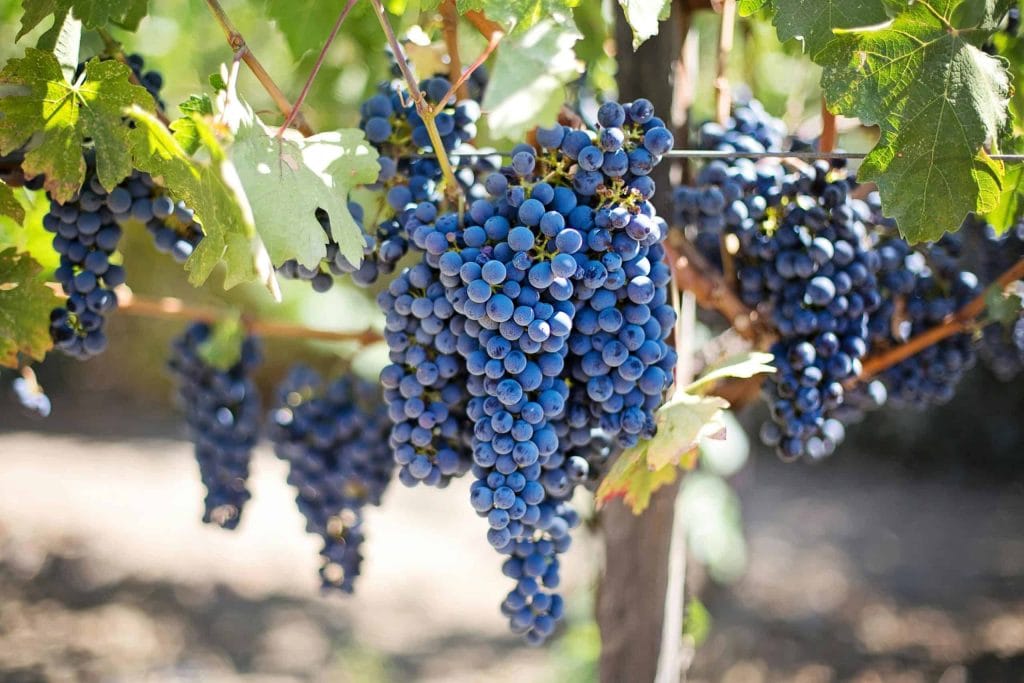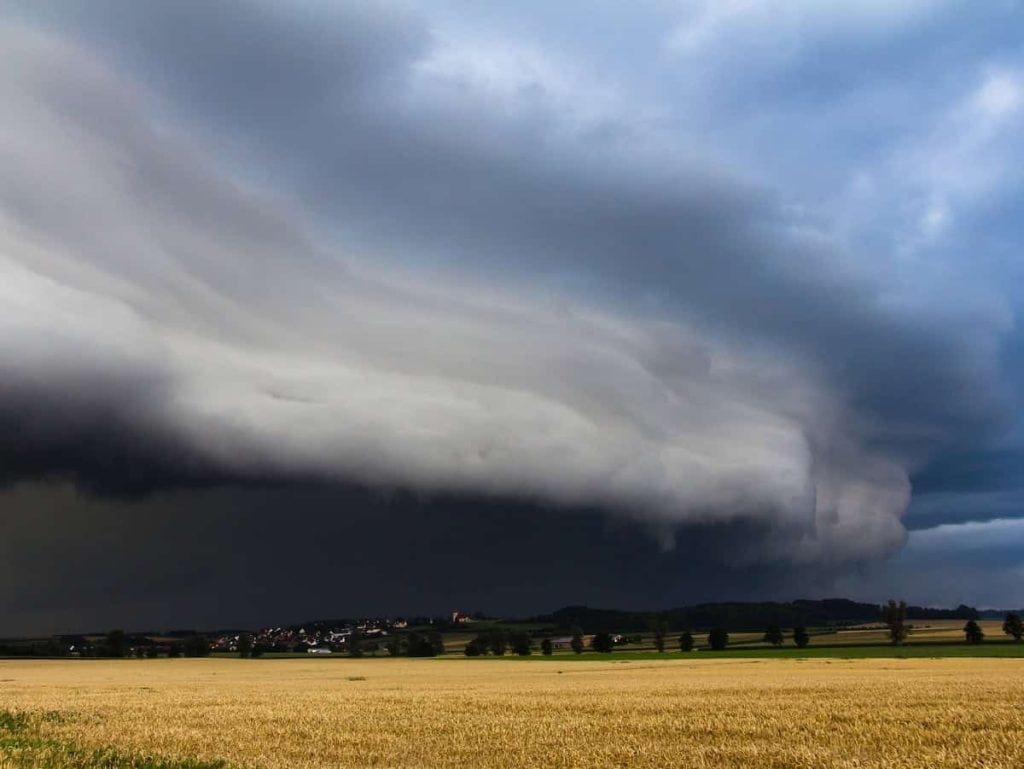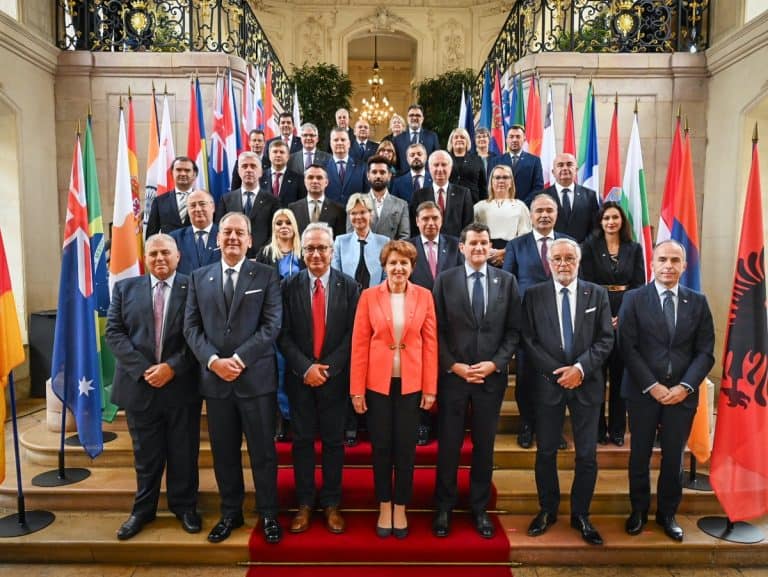Reduction of vineyard areas, changes in consumption patterns, and a slowdown in trade. The challenges facing the global wine sector are well-known, diverse, and in many ways linked to the climate crisis. This was highlighted by 37 wine-producing countries, members of the OIV (International Organisation of Vine and Wine), who met in Dijon from 11 to 13 October. The ministerial delegations present at the political meeting convened in France signed a joint declaration recognising the central role of the OIV in its centenary year. The document emphasises the importance of guiding and supporting the wine industry to turn current challenges into future opportunities. It also calls for shared and common solutions, relying on the OIV’s expertise from both a technical and scientific perspective.

Commitments for the future of wine
Several goals were set out in black and white by the 37 countries in Dijon. The first is the commitment to the continuity of the wine sector in economic, social, and environmental terms; the second is the promotion of the world heritage of vine and wine in its historical, cultural, human, social, and environmental aspects. The third goal relates to the OIV’s role in public health, specifically concerning the fight against excessive alcohol consumption worldwide. Finally, the declaration aims to contribute to the dissemination and promotion of the OIV’s decisions at various institutional levels: international, national, and regional.
The climate crisis and challenges facing the wine sector
The countries gathered in France highlighted how the effects of climate change are now decisive factors that exacerbate the current difficulties in the sector. In particular, according to the 37 signatories, extreme weather conditions affecting viticulture and winemaking are undermining strategies to manage production potential (which is causing divisions within the EU wine sector). Additionally, they pose a risk to the balance of the vegetative cycle as well as the production of wine products, affecting both the range of grape varieties and the balance of wines. Finally, the climate crisis could potentially change the geography of wine-growing regions currently in operation, both in the medium and long term.

The 37 Countries that signed the document
The discussions in Dijon lasted two days and were part of the international conference celebrating the OIV’s centenary. Here is the list of the 37 signatories: Albania, Argentina, Armenia, Australia, Austria, Belgium, Brazil, Bulgaria, Chile, Croatia, Cyprus, Czech Republic, France, Georgia, Germany, Greece, Hungary, Italy, India, Luxembourg, Malta, Moldova, Montenegro, Morocco, Netherlands, New Zealand, Peru, Portugal, Romania, Serbia, Slovakia, Slovenia, Spain, Switzerland, United Kingdom, Ukraine, Uruguay. The OIV currently brings together 50 states, which are producers and consumers of grapes and wine, representing 75% of the world’s vineyard area, 87% of global wine production, and 71% of consumption. Twice a year, more than 500 experts meet in Dijon (the new headquarters) to assess, discuss, and approve resolutions on viticulture and table grapes, oenology and analytical methods, the law and economics of vine and wine, and consumer health and safety.


 Why Arillo in Terrabianca's organic approach is paying off
Why Arillo in Terrabianca's organic approach is paying off What do sommeliers drink at Christmas?
What do sommeliers drink at Christmas? The alpine hotel where you can enjoy outstanding mountain cuisine
The alpine hotel where you can enjoy outstanding mountain cuisine Io Saturnalia! How to celebrate the festive season like an Ancient Roman
Io Saturnalia! How to celebrate the festive season like an Ancient Roman





